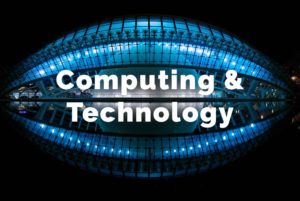
An Animating Spirit
When Ed Catmull earned his Ph.D. from the University of Utah in 1974, with a thesis on three-dimensional (3D) computer graphics, he applied for jobs in academia. He did not get a single one. His academic interests eventually led him to co-found Pixar Animation Studios, create the breakthrough 1995 animated film Toy Story, and receive the Association for Computing Machinery’s 2019 A.M. Turing Award, along with his colleague Pat Hanrahan.
An Animating Spirit Read More


















